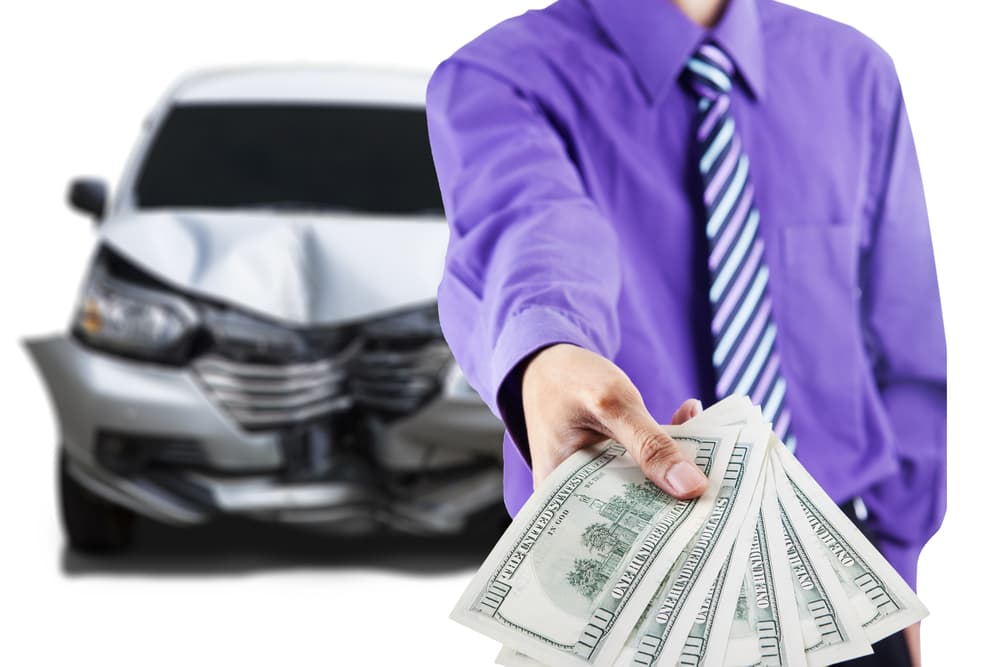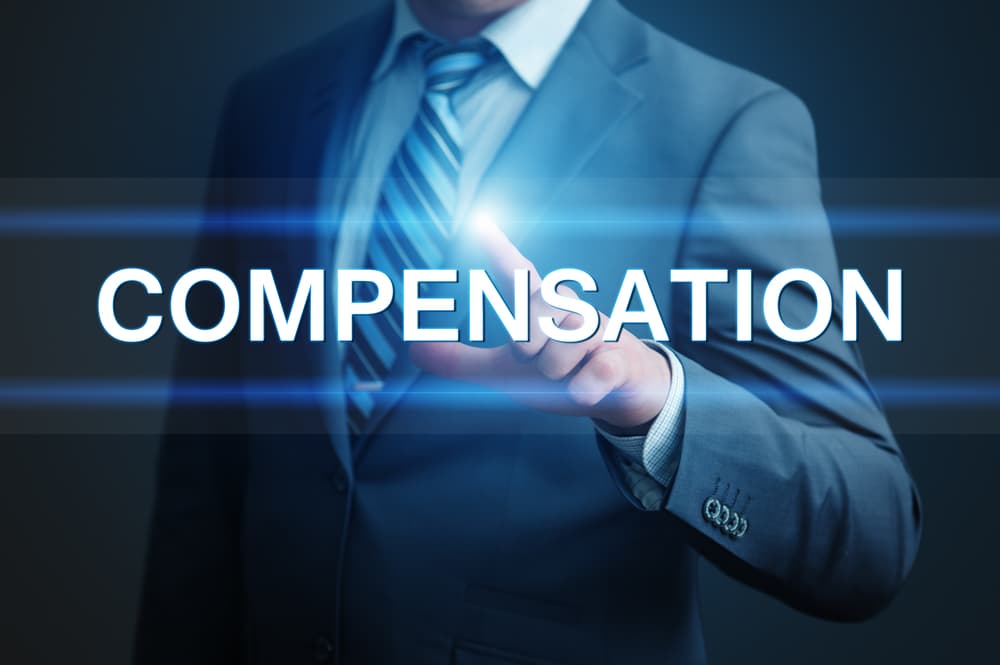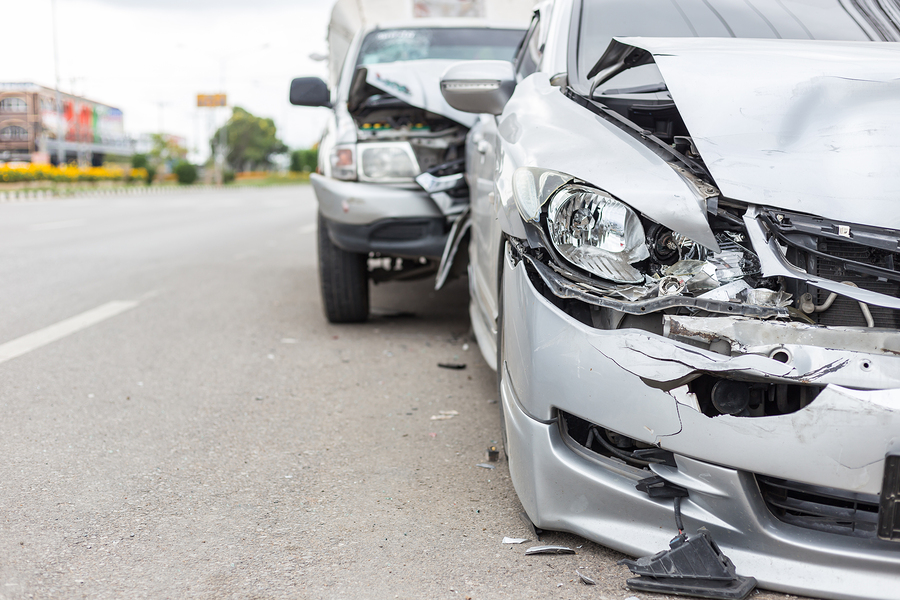An insurance company often pays when you sue in a car accident. However, in some cases, you can hold another motorist, municipality, business owner, or other party financially liable for your car accident. Financial liability varies on a case-by-case basis, and a lawyer can determine who to sue.
If you win your lawsuit, the defendants named in the lawsuit will likely pay for your damages. This may include an insurer or other parties your car accident attorney advises you to sue.
Insurance Companies Defend Their Clients from Lawsuits—and Often Pay the Cost of Car Accidents
When a car accident happens, a motorist probably made an error. Some accidents happen because of vehicular defects, defective traffic signals, dangerous road defects, or other reasons. In most cases, the liable party has insurance.
Insurance companies have a duty to defend their clients from lawsuits. Therefore, if you sue after a car accident, you may seek compensation from an insurance company. However, you may sue those responsible for your accident—like a motorist who ran a red light or a tire manufacturer whose product failed and caused your collision.
The Cause of Your Accident Will Determine Who to Sue
As they investigate your accident, your lawyer may find that liable parties include:
- A motorist: Motorists are often responsible for collisions. Speeding, distracted driving, drunk driving, and tailgating are among the dangerous actions that lead to car accidents. Most motorists have auto insurance. Still, your lawyer may name a negligent motorist as a defendant if you file a lawsuit.
- A vehicle or component manufacturer: The manufacturer or seller may be liable for damages if a defective vehicle or vehicle part led to your car accident. In some cases, neglect by the vehicle owner makes the vehicle dangerous, in which case you can hold the owner personally liable for your damages.
- A city or other governmental body: If potholes, cracked roads, dangerous work crews, defective signage, or other road conditions caused your accident, you can hold the municipality responsible for those conditions. Lawyers often face short timelines for suing municipalities, so don’t wait to find an attorney.
- A pedestrian: You can hold a pedestrian whose actions contribute to a car accident liable for damages.
As your lawyer works to establish liability for your damages, some key questions they will answer include:
- Why did your car accident happen?
- Who is responsible for causing the accident?
- Did the person (or people) who caused your accident have insurance?
- How much compensation are you entitled to through insurance?
Your lawyer will consider all relevant information as they form a strategy for your case.
Do I Have to Sue to Receive Fair Compensation?
You do not necessarily have to sue to receive fair compensation for a car accident. You can receive fair compensation from an insurance company without suing them. Your lawyer may also file a personal injury lawsuit, only to negotiate a fair settlement before going to trial.
In fact, most car accident cases settle, even if the accident victim has their lawyer file a lawsuit. Even if you sue, your case is statistically unlikely to reach the courtroom.
Why Car Accident Victims File Lawsuits
A lawsuit may become necessary because you cannot receive fair compensation through other means. If an insurer does not offer the settlement you deserve, or if a liable party does not agree to pay you fairly, a lawsuit may be necessary.
An attorney can worry about the details of settlement negotiations, lawsuits, and court cases. By letting a lawyer lead your case, you can focus on your recovery without facing the financial aspects of your case.
Recoverable Damages in Car Accident Cases
Common damages from car accidents include productivity losses, medical expenses, increased insurance premiums, and vehicle repairs. Car accidents often have a non-economic cost, too. Your car accident lawyer will create a detailed record of your damages, which may include:
Medical Bills
Those who sue after car accidents often have injuries. Medical bills often exceed the coverage limits on insurance policies. Even if an insurance policy should cover your medical bills, an insurer may refuse to provide the compensation you deserve. Either of these circumstances may lead a car accident victim to sue.
Lost Income
You may seek compensation for all professional damages from your car accident, including:
- Lost income
- Lost opportunities to earn promotions and performance bonuses
- Diminished earning power, which may occur if you have to reduce your hours, change roles, or switch jobs to accommodate injury symptoms
- Loss of professional fulfillment
- Loss of employer-provided benefits
Your attorney may consult employment experts to calculate the cost of your professional damages. If your injuries are severe, you may face years or decades of lost income and other work-related losses.
Pain and Suffering
A car accident victim may suffer:
- Acute pain
- Chronic pain
- Post-traumatic stress disorder (PTSD)
- Anxiety
- Depression
- Sleep problems
- Lost quality of life
Psychological and emotional injuries from a car accident are often complex. Your lawyer will work with mental health professionals to identify your symptoms and calculate the value of care for those symptoms.
Property Costs
Common property-related costs from car accidents include:
- Repairs for a damaged vehicle
- Replacement of a totaled car
- Replacement of clothing, electronics, and other property damaged during the accident
- The cost of ridesharing, rental vehicles, taxis, and other forms of temporary transportation
Your car accident lawyer will account for your damages before engaging in settlement negotiations.
How a Car Accident Attorney Can Benefit You (Whether or Not You File a Lawsuit)

You can find a car accident lawyer with years of experience, familiarity with car accident lawsuits, and a client-friendly fee structure. Do not wait to hire such a firm, as they may face a strict deadline for filing your case.
Research skilled personal injury lawyers in your area as soon as possible, and hire a firm you trust to fight for your financial recovery. Concerns about the cost of legal representation should not prevent you from seeking representation.




